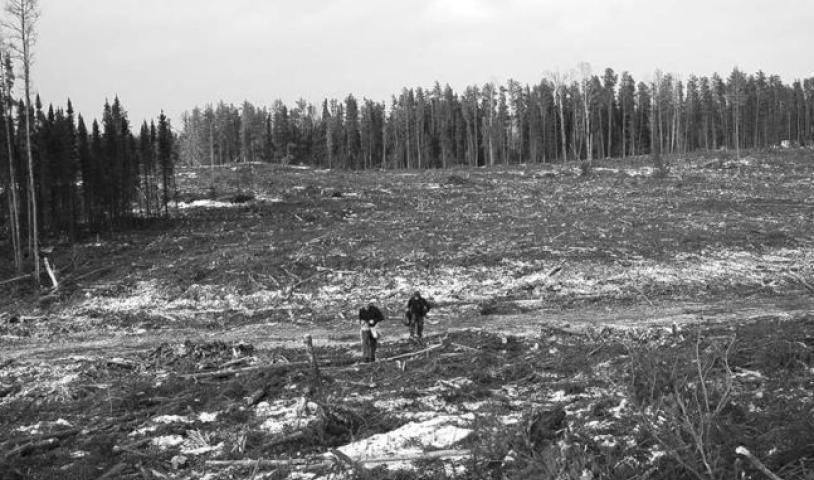Songbirds vanishing: prof
Thursday, November 4, 2010
Decline 'shocking' due to loss of habitat
FREDERICTON -- A rapid decline in the number of songbirds across North America should serve as a wake-up call about what is being done to the environment, a Canadian biologist warned Friday.
Bridget Stutchbury, a professor at Toronto's York University, said a growing number of bird species will be at risk unless immediate action is taken to protect large natural areas that serve as breeding grounds.
"The facts can be shocking, and so shocking they are almost hard to believe," Stutchbury said in Fredericton.
"When you talk about biodiversity loss, very realistic forecasts are that in the next 100 years we are going to lose 10 to 15 per cent of the world's birds in terms of species.
"Just to give you a feel for the numbers, the wood thrush, which should be a common forest bird, has declined by 40 per cent since the 1960s," she added.
Stutchbury said the decline is the result of a loss of habitat due to clear-cutting and urban sprawl, not climate change.
She said Canada's boreal forest serves as a bird nursery for the continent and must be protected to, in turn, protect birds.
"Unless something radical is done in terms of setting aside protected areas for wildlife and plants, it's all going to unravel because she said.
David Coon, policy director of the New Brunswick Conservation Council, said the same is occurring in New Brunswick with the decline of the Acadian forest because of clear-cutting.
"Restoration is essential if we're going to rebuild a sizable area of Acadian forest," he said.
"We are literally cutting our biological life-support base out from under us."
This is the United Nations' international year of biodiversity. Countries around the world agreed to achieve a significant cut in the loss of ecosystems and species under a treaty signed in 1992.
"No country met the targets," Coon said. "They are now negotiating new targets."
Stutchbury said coffee presents one of the biggest problems for migratory birds because tropical forests that serve as bird refuges each winter are being cleared to make way for coffee plantations.
She said coffee drinkers can help by insisting their coffee is grown in the forests.
She also encourages reduced pesticide use.
Stutchbury said it's important to protect birds because they also help forests by controlling the number of insects and by spreading seeds.
-- The Canadian Press
Republished from the Winnipeg Free Press print edition May 15, 2010 C19
